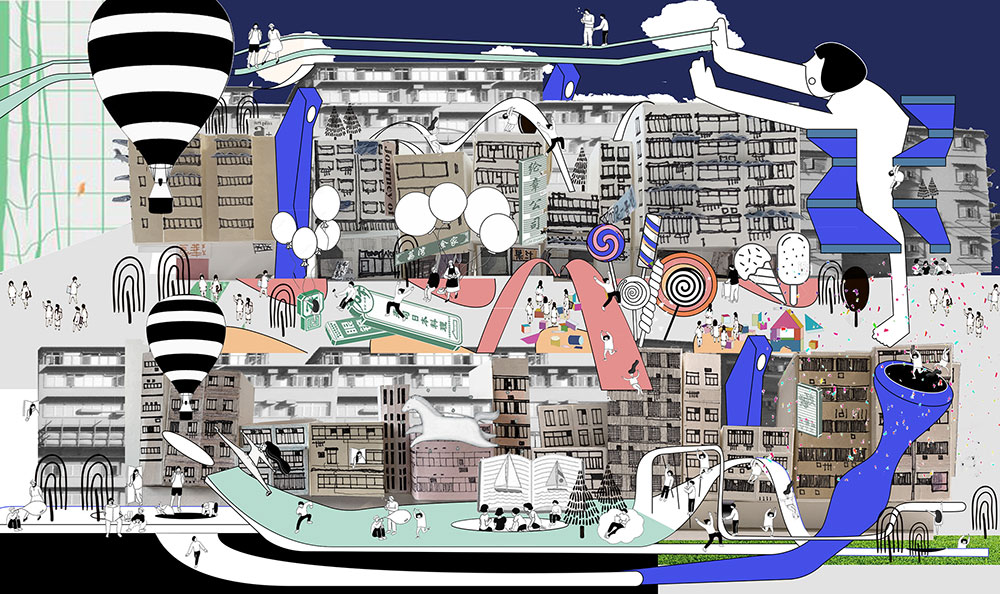…while we are all floating on the same sea, it is clear that some are in superyachts while others are clinging to floating debrisAntonio Guterres, UN Secretary-General, 2020
Covid-19 has amplified long-standing inequalities across the globe, bringing the multi-faceted exclusion that many people face into sharp focus. &rchitecture seeks to understand the potential for architects to affect positive change through inclusive and engaged practices. In doing this, we attempt to reconcile who we are as people with what we do as architects, rather than fall into habitual norms and practices that perpetuate many of the inequalities that are evident in society. In MArch1 we undertake interpret ‘professional studies’ not as the simulation of an architect-client relationship, but the use of professional processes, skills and techniques to justify new forms of practice. In MArch2, students develop individual thesis projects based on an issue, cause or consequence of social exclusion that interests them. They explore these questions through the development of non-linear, productive and iterative design research methodologies, ranging from physical prototyping to augmented reality games. These intuitive design methods engage with and clarify research questions as a technique to support routine challenging of biases and presumptions.


